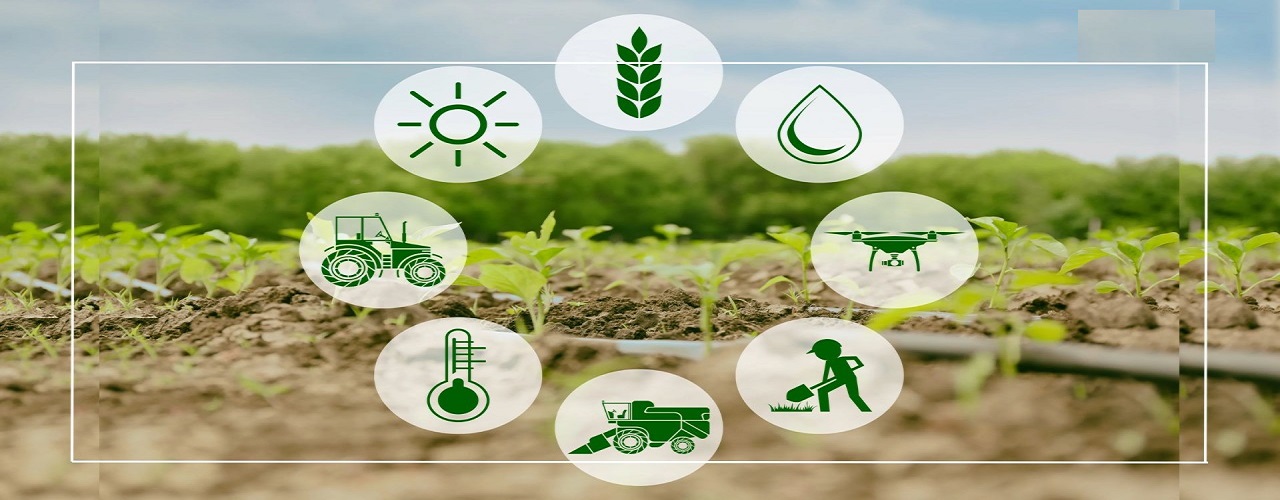Revolutionizing Agriculture with AI
In recent years, American farmers have been embracing cutting-edge technologies to improve efficiency, productivity, and sustainability in agriculture. One of the most transformative technologies making waves in the agricultural sector is Artificial Intelligence (AI). AI is revolutionizing the way farmers approach farming practices, with a focus on precision agriculture. By leveraging AI tools and techniques, farmers are able to make data-driven decisions, optimize resource allocation, and maximize yields while minimizing environmental impact.
Enhancing Decision-Making with AI
AI enables farmers to collect and analyze vast amounts of data to gain valuable insights into their operations. By utilizing sensors, drones, and other IoT devices, farmers can gather real-time data on soil health, weather conditions, crop growth, and pest infestations. AI algorithms then process this data to provide farmers with actionable recommendations on when to plant, irrigate, fertilize, and harvest crops. This data-driven approach allows farmers to make more informed decisions, leading to improved crop yields and resource efficiency.
Precision Farming Practices
Precision agriculture, enabled by AI, involves the use of advanced technologies to tailor farming practices to specific field conditions. AI-powered systems can create detailed maps of fields, identifying variations in soil composition, moisture levels, and crop health. This information allows farmers to apply inputs such as water, fertilizers, and pesticides with pinpoint accuracy, reducing waste and increasing the effectiveness of treatments. By adopting precision farming practices, farmers can optimize their resources while minimizing environmental impact.
Optimizing Resource Allocation
AI plays a crucial role in optimizing resource allocation on farms. By analyzing historical data and current conditions, AI algorithms can predict crop yields, identify potential risks, and recommend adjustments to farming practices. For example, AI can help farmers determine the optimal planting density for crops, adjust irrigation schedules based on weather forecasts, and detect early signs of plant diseases. By fine-tuning their operations with AI-driven insights, farmers can maximize their productivity while reducing costs and waste.
Improving Crop Monitoring and Management
AI-powered technologies are revolutionizing crop monitoring and management on farms. Through the use of drones equipped with multispectral cameras and AI algorithms, farmers can obtain detailed images of their fields and analyze crop health indicators such as chlorophyll levels and leaf moisture content. This real-time monitoring allows farmers to detect issues such as nutrient deficiencies, pest infestations, and diseases early on, enabling prompt intervention and mitigation measures. By closely monitoring crop health with AI, farmers can prevent yield losses and optimize their harvests.
Challenges and Opportunities
While AI offers numerous benefits to American farmers, there are also challenges to be addressed. One of the main obstacles is the upfront cost of adopting AI technologies, which can be prohibitive for small and medium-sized farms. Additionally, concerns about data privacy, cybersecurity, and the ethical use of AI in agriculture need to be carefully considered.
Despite these challenges, the opportunities presented by AI in precision agriculture are vast. By harnessing the power of AI to optimize decision-making, resource allocation, and crop management, American farmers can increase their competitiveness, sustainability, and resilience in the face of environmental challenges and market fluctuations. As AI continues to evolve and become more accessible, its integration into agriculture will likely become even more widespread, paving the way for a more efficient and sustainable future for farming in America.
In conclusion, the integration of AI technologies in agriculture represents a significant advancement in the quest for more sustainable and productive farming practices. By leveraging AI for precision agriculture, American farmers are poised to unlock new levels of efficiency, profitability, and environmental stewardship in their operations.

